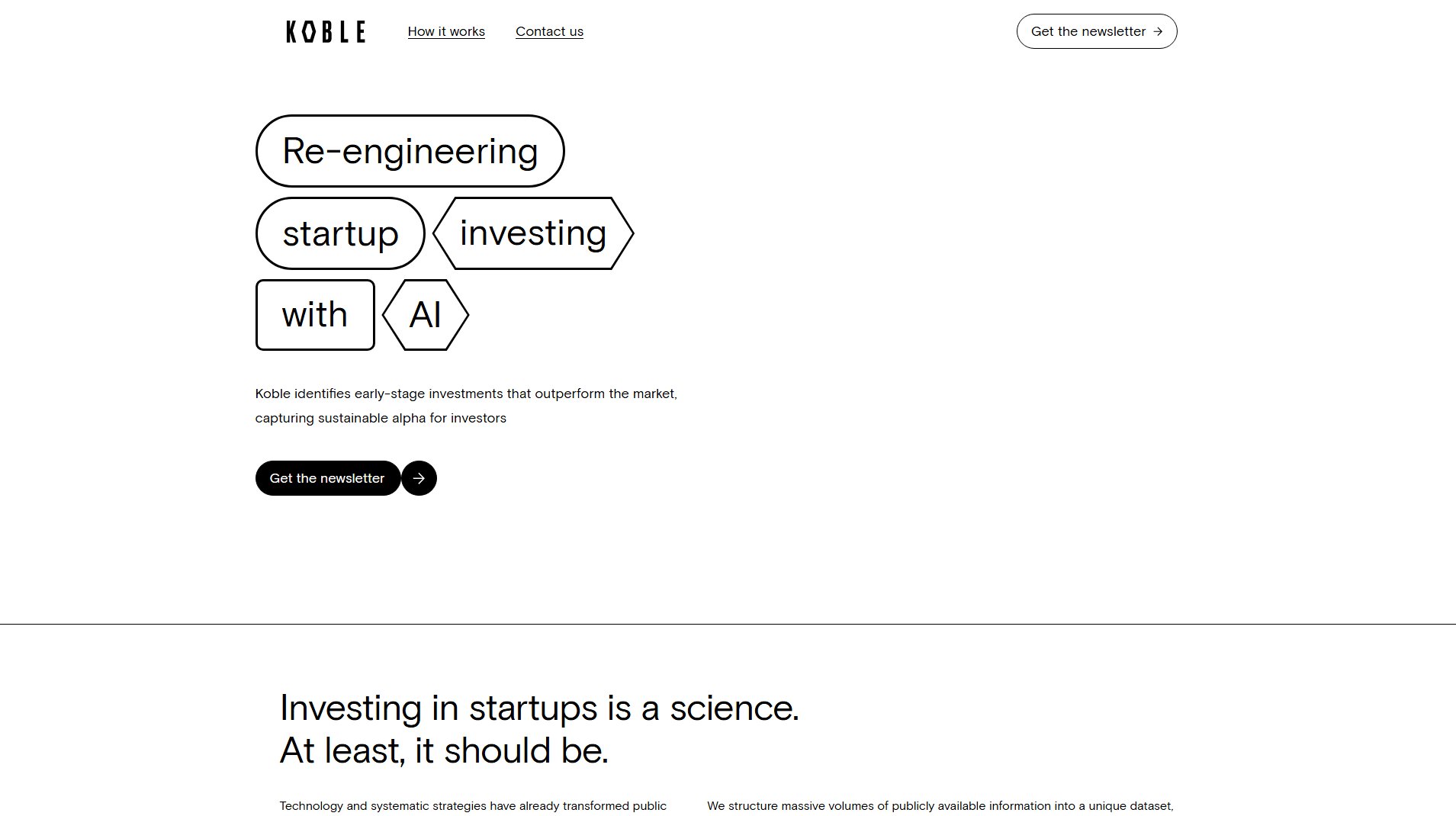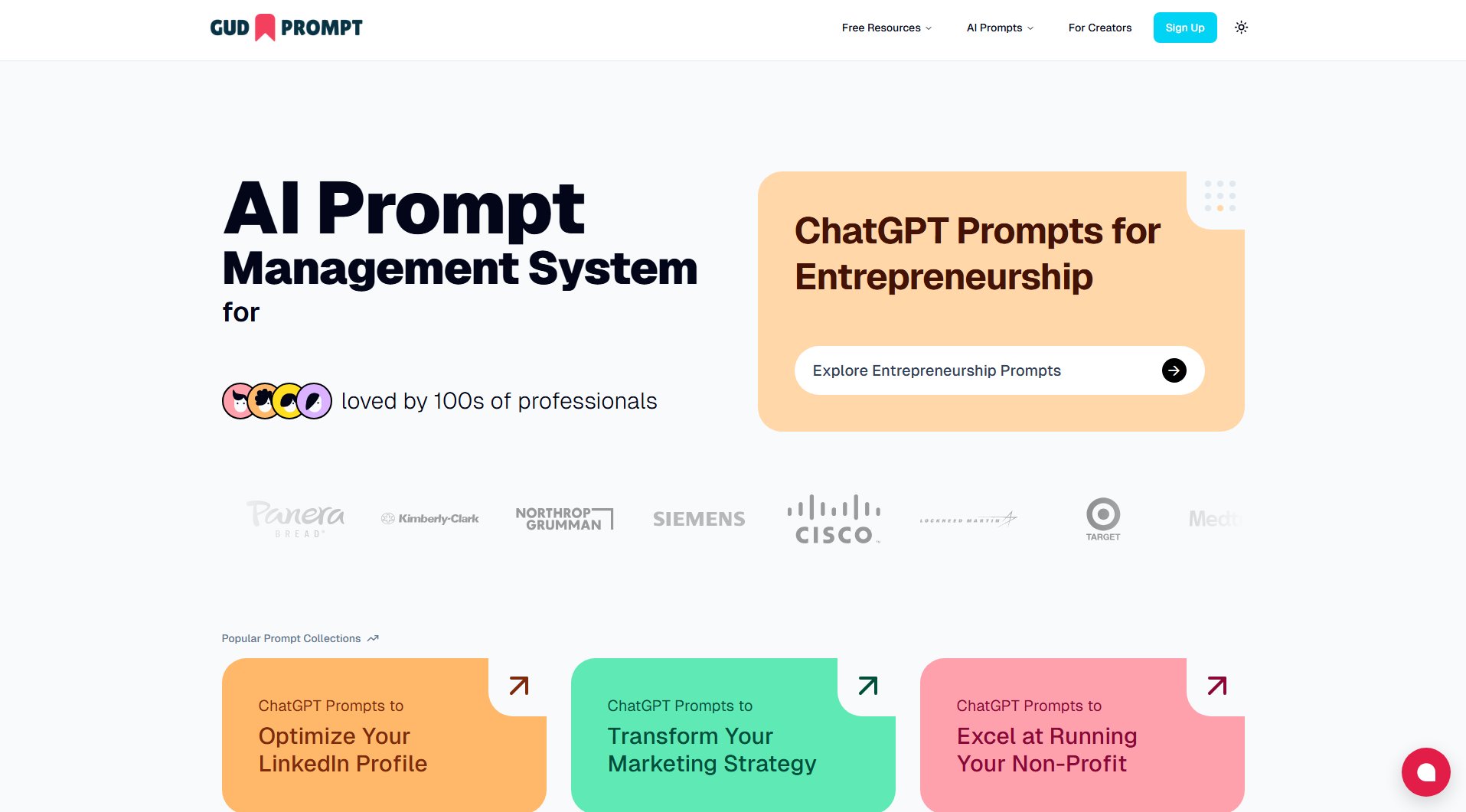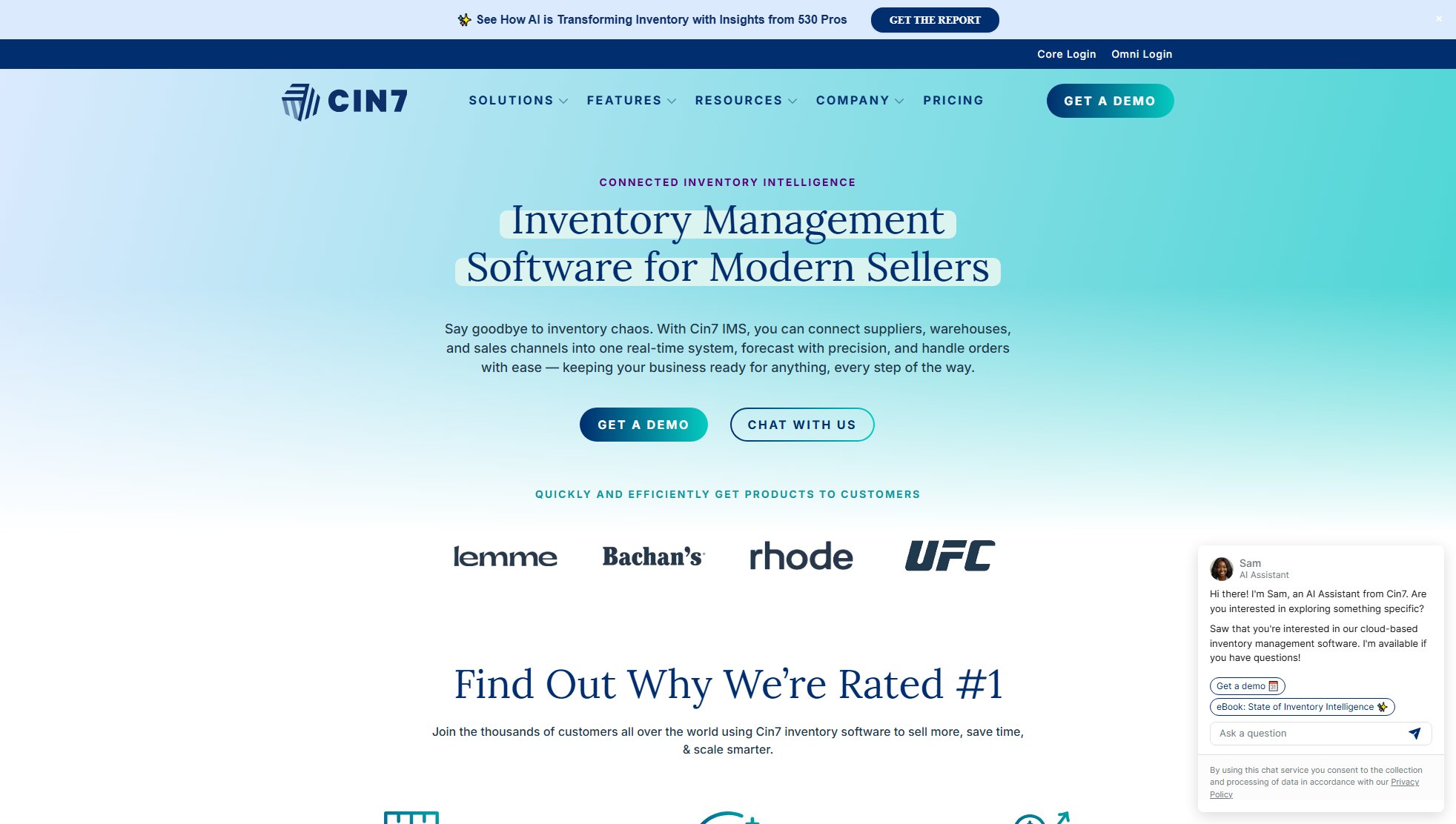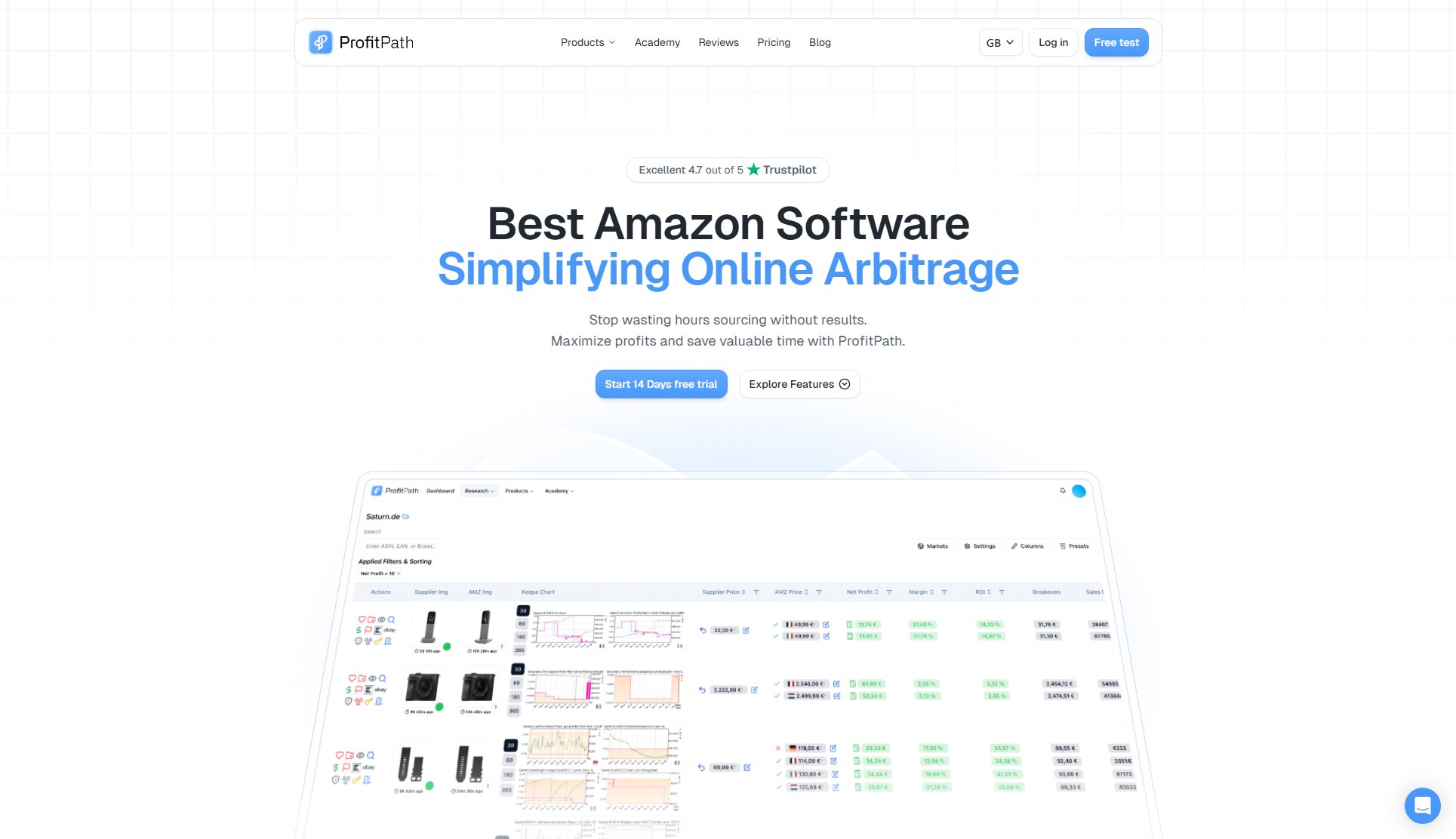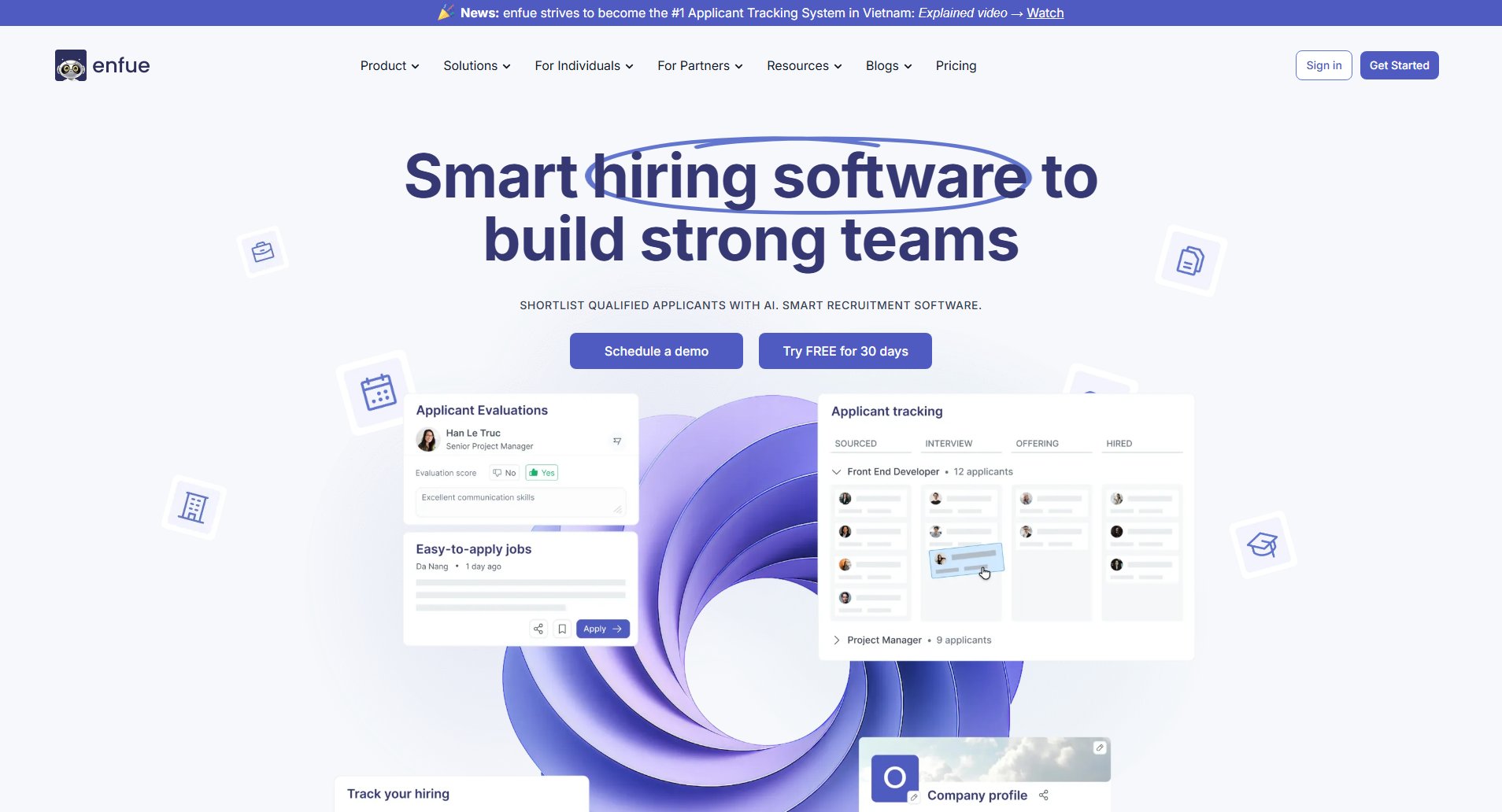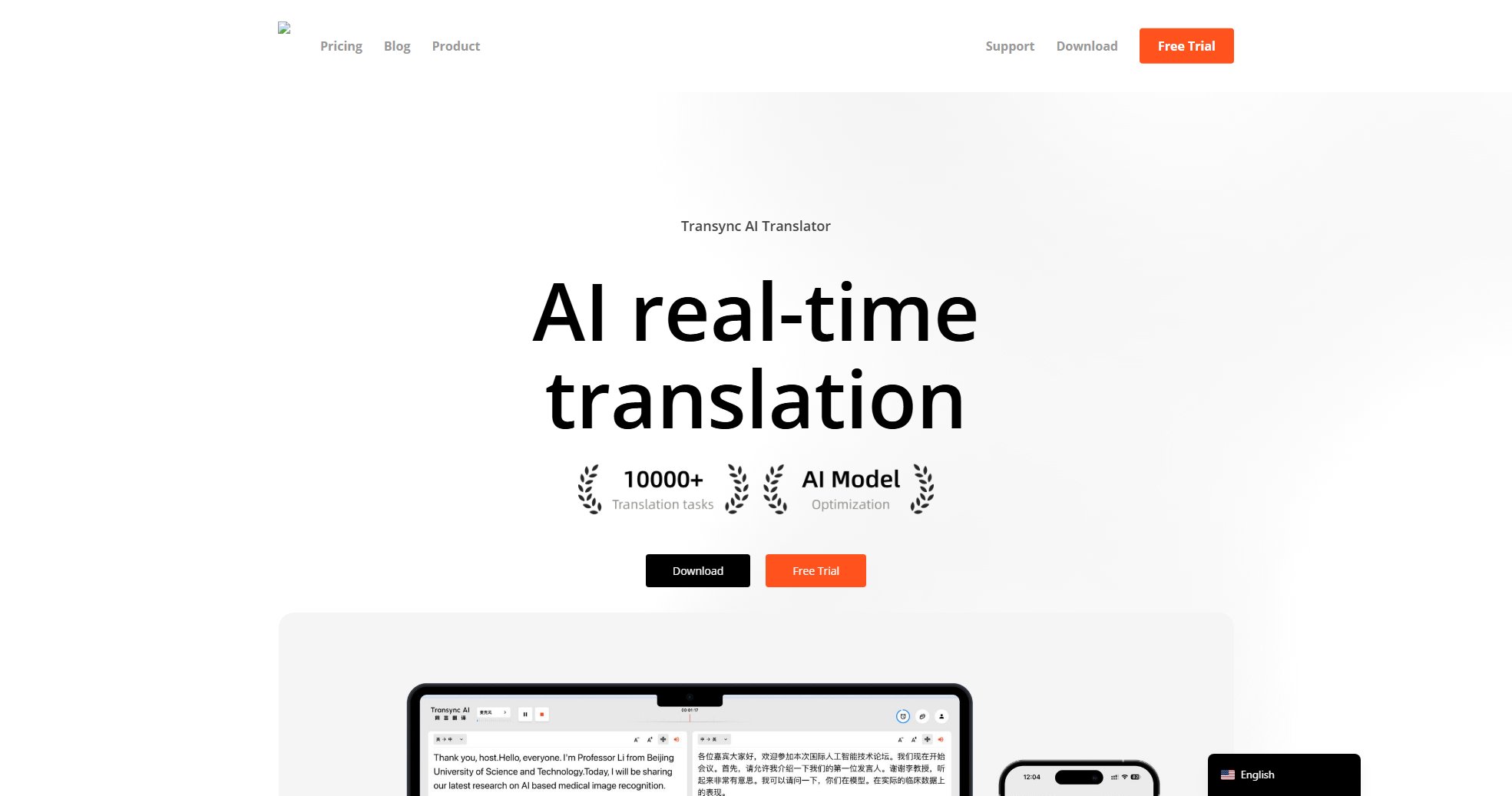Harbr
Flexible trade credit solutions for businesses of all sizes
What is Harbr? Complete Overview
Harbr is a comprehensive trade credit solution designed to empower businesses with flexible credit management tools. It enables organizations to exchange critical data and instantly access essential insights including creditworthiness, banking information, and trade history. Harbr serves a wide range of businesses from growing mid-market companies to large enterprises with complex global operations. The platform helps solve key pain points in credit management such as slow application processing, manual verification procedures, and lack of real-time data integration. By automating workflows and providing real-time insights from 9,000+ trusted sources, Harbr significantly reduces credit decision times while improving accuracy and collaboration.
Harbr Interface & Screenshots
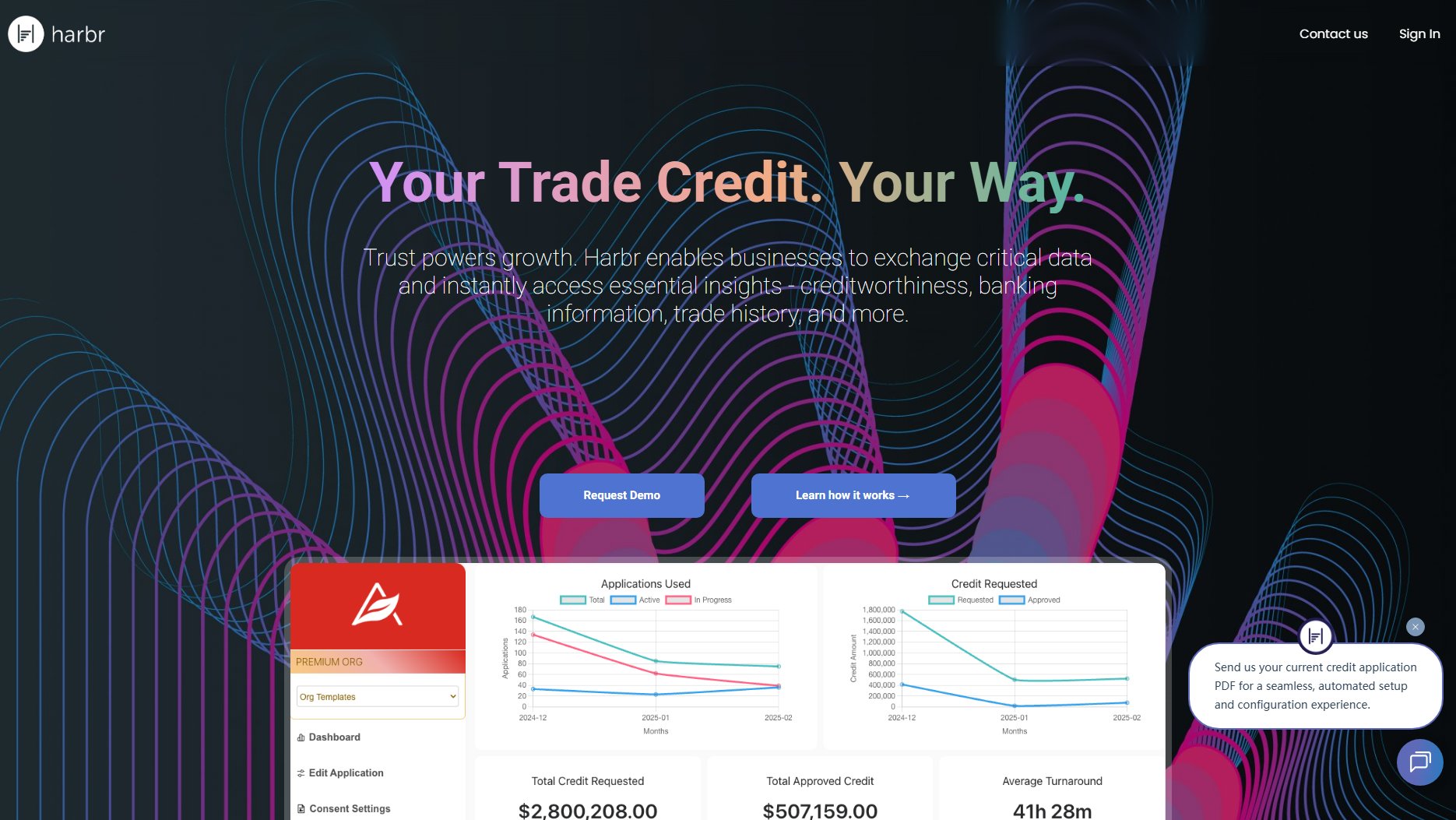
Harbr Official screenshot of the tool interface
What Can Harbr Do? Key Features
Enterprise Credit Management
Comprehensive solutions for large organizations with global operations, featuring administrator access control, global risk assessment, custom decisioning policies, and enterprise integrations. Handles high transaction volumes with precision.
Mid-Market Solutions
Scalable tools for growing businesses including multi-entity credit management, automated credit workflows, branded customer portals, and performance analytics to optimize credit operations.
Credit API Platform
Powerful APIs that integrate credit decisioning capabilities into existing systems with real-time decisions, flexible integration options, customizable risk models, and no-code platform support.
Real-Time Data Integration
Accesses updated data from 9,000+ trusted sources with Creditsafe updating up to 5 million times daily for reliable credit insights and decision-making.
Seamless Banking Integration
Direct connection with clients' financial institutions enables smooth verification of banking information and financial health assessments.
Best Harbr Use Cases & Applications
Enterprise Credit Risk Management
A multinational corporation uses Harbr to standardize credit policies across global subsidiaries while allowing regional customization, reducing approval times from weeks to hours.
Mid-Market Growth Enablement
A rapidly expanding distributor implements Harbr to automate credit applications and decisioning, enabling them to onboard new customers 3x faster while maintaining credit quality.
Banking Integration
A financial services provider leverages Harbr's banking integration to instantly verify client financial health, reducing manual verification work by 80%.
How to Use Harbr: Step-by-Step Guide
Request a demo through the website to understand how Harbr can be customized for your specific credit management needs.
Choose your implementation path - either through API integration for developers or using the no-code platform for business users.
Configure your credit workflows by setting up decisioning policies, approval processes, and data collection requirements.
Integrate with your existing systems and connect to Harbr's data sources including banking institutions and trade references.
Launch your customized credit application process and begin onboarding clients with automated decisioning and real-time insights.
Harbr Pros and Cons: Honest Review
Pros
Considerations
Is Harbr Worth It? FAQ & Reviews
Harbr serves businesses of all sizes - from growing mid-market companies to large multinational enterprises - that need to manage trade credit and customer onboarding processes.
Harbr offers flexible integration options including APIs for developers and no-code solutions for business users, allowing connection to ERP, CRM, and financial systems.
Harbr connects to 9,000+ trusted sources including Creditsafe (updated 5 million times daily), banking institutions, and trade references for comprehensive credit insights.
Yes, Harbr's platform is fully customizable allowing businesses to design credit applications with specific data requirements, workflows, and decisioning policies.
Implementation time varies based on complexity, but no-code options allow for quick setup, while API integrations may require more time depending on existing systems.
